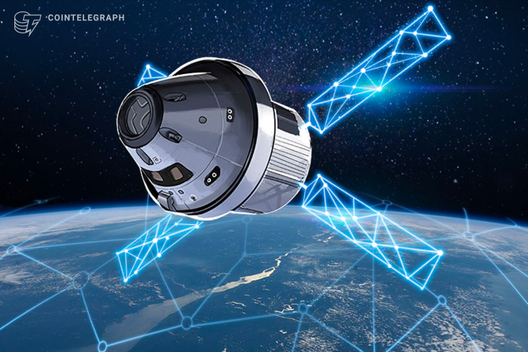Polygon co-founder – $1B bet on ZK-rollups paying off
Polygon has allocated an estimated $1 billion on zero-knowledge technology underpinning its Ethereum scaling layer 2 solutions.

Polygon co-founder Sandeep Nailwal believes the layer 2 blockchain firm is reaping the benefits of allocating $1 billion to develop zero-knowledge proof (ZK-proof) powered scaling solutions for the Ethereum ecosystem.
Speaking at a keynote address during the latest edition of the Token2049 conference in Singapore, Nailwal touched on the development of ‘Polygon 2.0’ scaling efforts and the promise of recursive ZK-proof technology to create a seamless interoperable blockchain ecosystem.

Nailwal highlighted how Web2 and Web3 are similar in form and function, with the former serving as the internet of information with “practically unlimited scalability” as well as the ability to transfer or convey information in various forms seamlessly across the world at great speeds.
Related: Polygon’s ‘holy grail’ Ethereum-scaling zkEVM beta hits mainnet
Web3 meanwhile represents the “internet of value”, which according to Nailwal will require two capabilities to become ubiquitous.
“Firstly, infinite, unlimited unbounded scalability and unified liquidity for value to be transferred. There cannot be 100 chains with the value distributed across and they cannot interoperate.”
In order to tap into the characteristics that have made Web2 able to become the internet of information, Nailwal pointed to the importance of an aggregator or interoperability layer to amalgamate ZK-proofs of different chains to a common layer.
“The moment those two proofs are submitted on Ethereum layer, we have a mechanism where we have a global state route on Ethereum and then any kind of liquidity can move across the chain without coming to Ethereum.”
Recursive ZK-proving technology holds the key to this aggregator layer which Nailwal expects to be deployed in the coming months. The technology will allow different blockchains to submit ZK-proofs of their network state to the aggregator, which then submits a proof of these combined attestations to the Ethereum network.
“Our goal is that this proving will eventually go down to like probably two seconds. So every chain is submitting a proof of whatever has happened on their ecosystem or on their chain every two seconds to this aggregator layer.”
The Polygon co-founder believes that cross chain transactions could be executed in 4 to 5 seconds, one third of an Ethereum block time, which will begin to feel “like one single big block space.”
Nailwal highlights the potential benefit of having high liquidity chains like it’s zkEVM and proof-of-stake chain to share value to applications, while noting that larger layer 1 blockchain platforms have expressed interest in tapping into an interoperable layer.
“Anybody can join this layer and it’s a mutual win-win because everybody benefits from each other’s liquidity.”
Polygon zkEVM’s beta hit mainnet in March 2023, allowing developers to deploy smart contracts and decentralized applications that benefit from faster throughput and lower costs than Ethereum’s layer 1.
The company also recently launched its Chain Development Kit, which allows developers to build, customize and deploy layer 2 chains connected to the wider Ethereum ecosystem.
Magazine: Recursive inscriptions: Bitcoin ‘supercomputer’ and BTC DeFi coming soon









